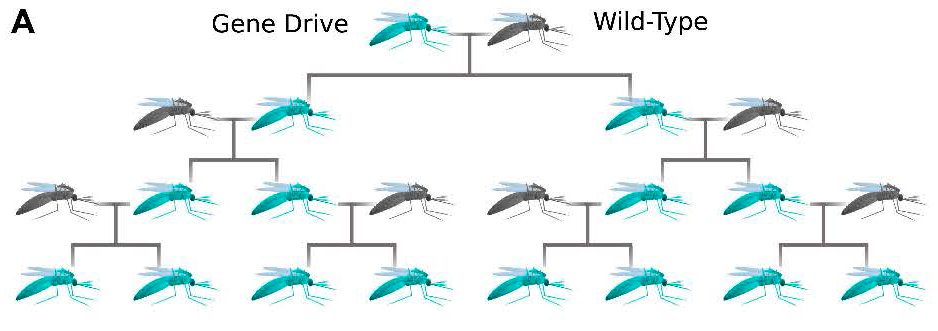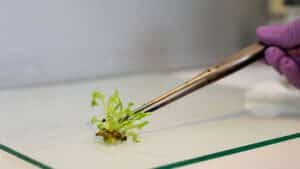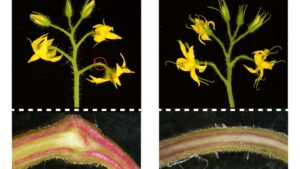The idea of introducing a novel gene into a few individuals that then spreads through an entire population sounds like a premise for science fiction. And yet fiction can be prophetic.
Cornell researchers have used mathematical models to illuminate the promises – and potential problems – of a new genome editing mechanism, called a gene drive.
The mechanism has been long discussed but only recently demonstrated in fruit flies in labs at the University of California, San Diego, using genome-editing technology called CRISPR.
The gene drive mechanism may allow scientists to control malarial mosquitoes or pesticide-resistant pests, for example, by using CRISPR to introduce a mutation (allele) into a few individuals in a population and have that mutation quickly spread through the entire population. But researchers fear such gene drives could have unintended consequences, such as spreading into an unintended species.
More information is available here: http://news.cornell.edu/stories/2015/10/new-gene-drive-technology-evokes-hopes-and-fears













